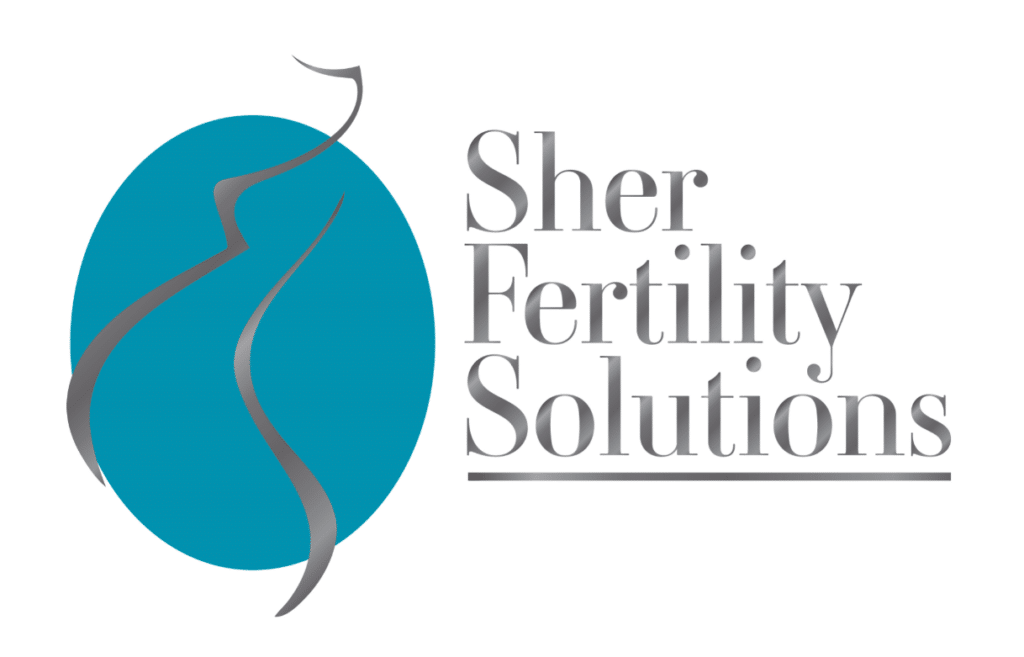All humans have two DQ-alpha genes, one of which is contributed by the father and the other by the mother. In a small percentage of patients undergoing IVF, paternal-maternal DQ-alpha gene similarities occur. In such cases, following repeated exposures to such genetically matching embryos, this will provoke activation of the decidual immune system. In most cases, repeated exposure to DQ alpha matching embryos will over time activate uterine NK cells, resulting in reproductive dysfunction (i.e., infertility, and miscarriage).
With paternal-maternal DQ alpha matching, it often takes several pregnancies for natural killer cell activation to build to the point that a woman with alloimmune implantation dysfunction will present with clinical evidence of implantation dysfunction. Sometimes it starts off with one or two pregnancies surviving to the birth of a baby, whereupon NK cell activity later starts to build, leading to one or more subsequent early miscarriages. Eventually the NK cell activity is so high that subsequent pregnancies can be lost before the woman is even aware that she was pregnant at all. At this point she is often diagnosed with secondary “unexplained” infertility.
Reproductive treatment of NK activation associated with either alloimmune or autoimmune implantation dysfunction requires the administration of Intralipid or IVIg combined with steroid therapy. Such treatment is usually more likely to be successful in the case of autoimmune implantation dysfunction where the NK activation is present in advance of the uterus being exposed to the embryo. It is presently not as yet possible to identify paternal DQ alpha in the embryo. Accordingly, in cases where the paternal DQ alpha gene only matches with one of the mother’s DQ alphas (i.e., a partial match) there is a one-out-of-two chance that a transferred embryo will inadvertently be a match with at least one of the mother’s DQ alpha genes. Thus Intralipid or IVIg therapy will only prove half as likely to propagate a viable pregnancy in cases of partial DQ alpha matching as it can achieve in the treatment of NK activation associated with autoimmune implantation dysfunction. For this reason, I prefer to transfer only one (rather than multiple) embryo at a time in such cases, for fear of there being one DQ alpha matching embryo in the mix and so “muddying the waters” for the non-DQ alpha matching that otherwise might have propagated a healthy baby.
With “complete” DQ alpha match, where both paternal DQ alpha genes match with at least one of the mother’s DQ alphas every embryo will express a paternal DQ alpha gene that matches that of the mother. In such cases, the administration of Intralipid /or IVIg to down-regulate activation of NK cells, will seldom be effective. The reason is that such treatment cannot counter the sustained provocation of NK activity brought about by an ever-present DQ alpha “clash.” That is why in cases of complete DQ alpha matching (with associated NK activation), where all the embryos will inevitably carry one or both paternal DQ alphas that match the mother, there is in my opinion little hope of success, even with Intralipid/IVIg/steroid therapy. In such cases, gestational surrogacy, or the use of non-DQ alpha matching, donor sperm may offer the only reasonable chance of a successful IVF outcome.
Treatment:
There are 3 options:
- Stop further treatment
- Attempt IVF with the transfer of 1 or 2 euploid embryos own uterus under IL/Prednisone cover. The chance of success is very small (probably <5% per treatment cycle)
- Use a DQ alpha, non-matching donor sperm or
- Use a non- matching gestational carrier
In my opinion, it is less than ideal to treat women with recurrent pregnancy loss (RPL) who have NK cell activation empirically using immunotherapy (Intralipid/IVIg + steroids, without first differentiating between autoimmune an alloimmune implantation dysfunction. The reason is that alloimmune causation is more likely to result in RPL than is autoimmune. In cases of alloimmune /NKa –induced RPL, women with a “partial” alloimmune dysfunction should (in my opinion) only have one embryo transferred to the uterus at a time while women with a “complete” match + NK cell activation who desire to carry the baby themselves can try under IL/Prednisone cover but are highly unlikely to be successful. In my opinion, they will require the use of non-matching donor sperm or use a non-matching gestational carrier…
Finally, patients often ask whether using an egg donor might not offer another solution in such cases. The answer is no!The matchup is between the paternal DQ alpha contribution (in the sperm) and the mother’s uterus.It is not between the sperm and the egg.








